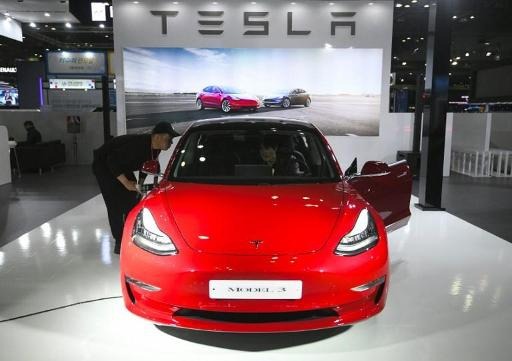Update:
Since publication, the study has faced a raft of criticism over selective use of data, reports German press.
According to "WirtschaftsWoche" the study contradicts "in a blatant manner as well as all serious, international studies in recent months," while mobility expert Don Dahlmann explains that the study is counting on wrong numbers. The Federal Environment Agency points to an extensive earlier study, according to which e-cars perform better than diesel cars.
The point has also been raised that in the calculations of the production of electricity, other emissions involved in the production of the cars were not taken into account, reports Spiegel.
Electric vehicles in Germany account for more CO2 emissions than diesel ones, according to a study by German scientists.
When CO2 emissions linked to the production of batteries and the German energy mix - in which coal still plays an important role - are taken into consideration, electric vehicles emit 11% to 28% more than their diesel counterparts, according to the study, presented on Wednesday at the Ifo Institute in Munich.
Mining and processing the lithium, cobalt and manganese used for batteries consume a great deal of energy. A Tesla Model 3 battery, for example, represents between 11 and 15 tonnes of CO2. Given a lifetime of 10 years and an annual travel distance of 15,000 kilometres, this translates into 73 to 98 grams of CO2 per kilometre, scientists Christoph Buchal, Hans-Dieter Karl and Hans-Werner Sinn noted in their study.
The CO2 given off to produce the electricity that powers such vehicles also needs to be factored in, they say.
When all these factors are considered, each Tesla emits 156 to 180 grams of CO2 per kilometre, which is more than a comparable diesel vehicle produced by the German company Mercedes, for example.
The German researchers, therefore, take issue with the fact that European officials view electric vehicles as zero-emission ones. They note further that the EU target of 59 grams of CO2 per km by 2030 corresponds to a “technically unrealistic” consumption of 2.2 litres of diesel or 2.6 litres of gas per 100 kms.
These new limits pressure German and other European car manufacturers into switching massively to electric vehicles whereas, the researchers feel, it would have been preferable to opt for methane engines, “whose emissions are one-third less than those of diesel motors.”
The Brussels Times
(Source: Belga news agency)
Correction: A previous version of this story said the German energy mix used charcoal, not coal
This story has been updated to add additional information

